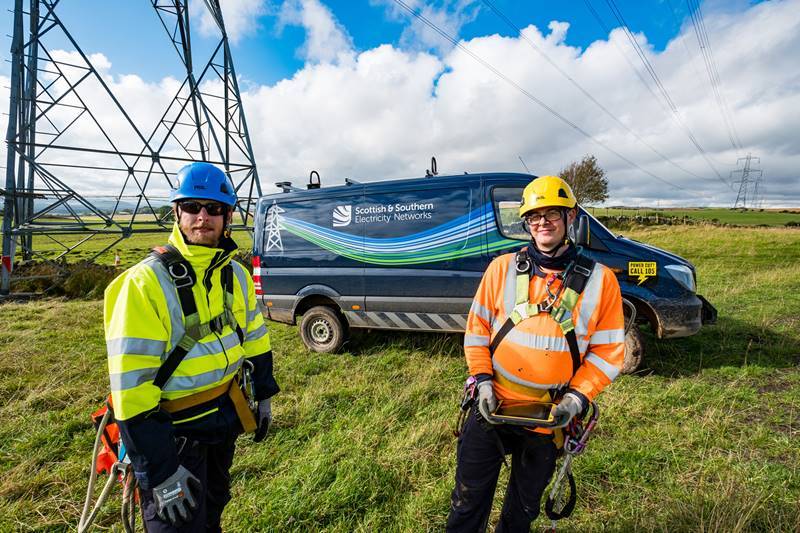Scottish and Southern Electricity Networks (SSEN) Distribution has secured the first projects for its ‘Technical Limits’ programme.
The programme, delivered in partnership with National Grid Electricity Transmission in England and SSEN Transmission in Scotland, allows projects to connect to lower voltage distribution networks prior to reinforcement of the high voltage transmission network.
It expects to unlock over 7GW of new electricity capacity in its two distribution network licence areas, and this has already begun with the introduction of new technical limits. In the first phase, for example, 2.5GW of capacity was released in central southern England.
The work involves analysis of the power flows across Grid Supply Points (GSPs) where the transmission network connects to the distribution network.
A review of the first tranche of six GSPs, which comprises around 50% battery storage, 40% solar generation, and 10% battery/solar hybrid projects, is enabling accelerated timescales for 25 projects.
This includes one offer to Barkham Solar Farm in Wokingham to bring forward its connection by up to 13 years. This project is being progressed with a curtailment level of less than 3%, with renewable power expected to be generated at the site as early as summer 2026.
Since the turn of the new year, SSEN has issued new connection offers to all customers whose projects relate to these initial six GSPs, all of which will now be able to connect to the electricity network ahead of schedule by between two and 13 years.
SSEN Distribution estimates the first of these projects to connect in mid-April 2024.
The second tranche of offers for SSEN’s central Southern England licence area, and the first wave of revised offers for its north of Scotland licence area, are due to be issued in the coming months.
Susana Neves Brooks, SSEN’s head of connections, policy, and performance, said: “We are pleased that through the coordinated approach with our customers and National Grid Electricity Transmission, projects are now getting earlier connection dates, which are helping them realise their ambitions much sooner.”
Chris Hewett, chief executive of Solar Energy UK, said: “The Technical Limits programme is all about maximising the availability of the networks that we have in place today, on the way to upgrading them to meet the needs of tomorrow.
“This means that some projects can be accommodated only at a reduced scale, for the time being at least.”





